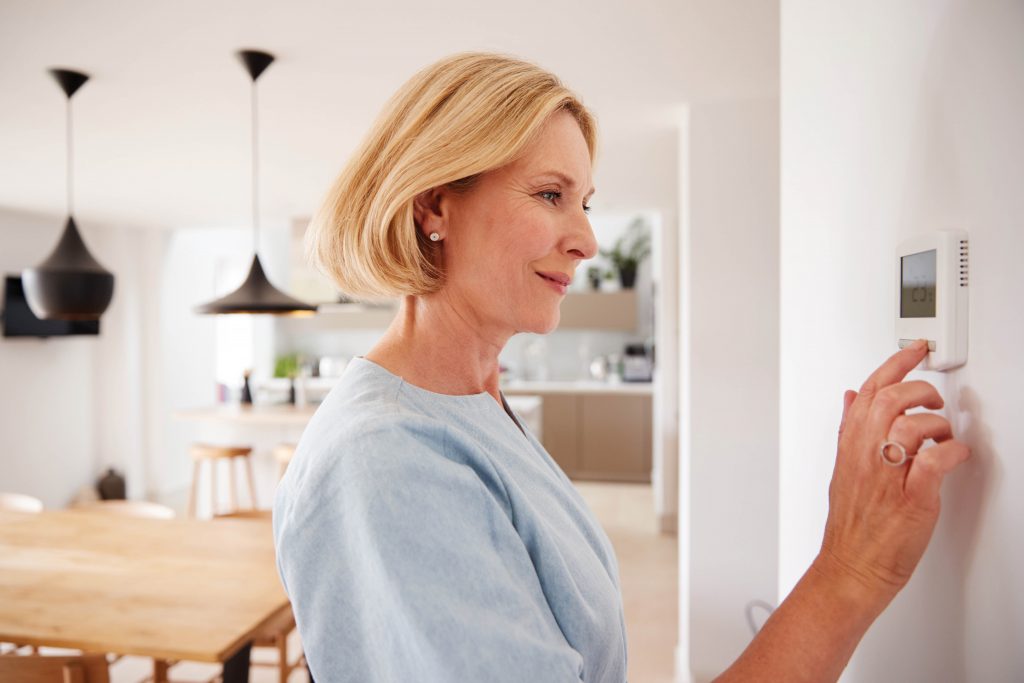
This summer, take a vacation from high electric bills by making your home — and your family’s habits — more energy efficient.
That doesn’t just mean hitting the light switch when you leave a room (make sure your most used lights are LEDs). You should also make sure your television, computer, video game consoles, cable boxes, and digital video recorders are switched off when you’re not actively using them — or unplugged completely, if they light up or otherwise use energy even when powered down. Avoid streaming video through game consoles like PlayStation or Xbox, which can use up to 30 times more energy. If you do use a game console regularly, at least set it to “auto power down” mode. Plug items you use regularly into a power strip, so you can easily switch them all off at once.
Don’t use more energy than you need.
Don’t run the dishwasher when it’s not full, set your washing machine to the appropriate water level, and wash clothes — except for the dirtiest of loads — in cold water. Set your refrigerator temperature between 28 and 42 F and your freezer between 0 and 5 F, and make sure both are sealed tightly. If a dollar bill shut in the door is easy to pull out, replace the gaskets.
The clothes dryer is one of the largest energy users in the home, often consuming as much as a new refrigerator, dishwasher, and clothes washer combined. Air-dry clothing when possible, and when you have to use the dryer, be sure to clean the lint filter after each use, use the auto-dry or moisture-sensor setting, and don’t add wet items to a load that’s already partially dry.
Adjust the temperature.
Even if you buy the most efficient air conditioner, heater, or water heater on the market, your energy savings are highly dependent on the settings you select. Bumping the thermostat up just a couple of degrees will help you save. Maximize the efficiency of your cooling system. Clearing a clogged A/C unit filter alone can save 5 to 15% in energy use and will help keep the unit in proper working order for longer — check out our HVAC
tune-up incentive and others at www.bcremc.com/incentives. While fans don’t cool the air, they pull body heat away from your skin. If you use them in conjunction with air conditioning, you can raise the thermostat a few degrees and remain comfortable. Turn them off when you’re not in the room! Check the temperature settings on your electric water heater, too. If it’s set higher than you really need, it’s working harder than necessary — and costing you more money.



